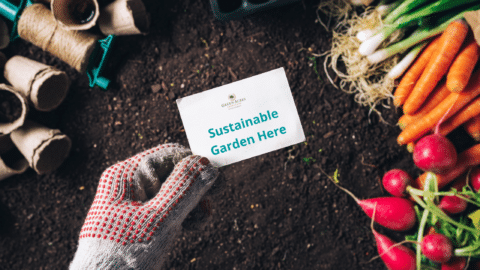In today’s world, sustainability is becoming increasingly important in all aspects of our lives, including gardening. By implementing sustainable gardening practices, we can reduce our carbon footprint, conserve water, and protect the environment for future generations. In this guide, we will explore some key sustainable gardening practices that you can incorporate into your own garden.
1. Composting
Composting is a key practice in sustainable gardening. By composting your organic waste, such as fruit and vegetable scraps, yard trimmings, and coffee grounds, you can create nutrient-rich soil for your garden. This reduces the amount of waste that goes to landfills and eliminates the need for chemical fertilizers.
2. Water Conservation
Water is a precious resource, and it is important to conserve it in the garden. One way to do this is by installing a rain barrel to collect rainwater for watering your plants. Additionally, you can use drip irrigation systems to deliver water directly to the roots of your plants, reducing water waste from evaporation and runoff.
3. Native Plants
Choosing native plants for your garden is another sustainable practice. Native plants are adapted to the local climate and soil conditions, requiring less water and maintenance than exotic plants. They also provide habitat for native wildlife and support biodiversity in your garden.
4. Mulching
Mulching is an effective way to retain moisture in the soil, suppress weeds, and add nutrients to the soil. By using organic mulches such as wood chips, straw, or compost, you can improve the health of your garden and reduce the need for watering and weeding.
5. Integrated Pest Management
Instead of relying on chemical pesticides, consider using integrated pest management techniques to control pests in your garden. This involves using a combination of cultural, biological, and mechanical methods to prevent pest infestations and minimize the impact on beneficial insects and wildlife.
6. Sustainable Practices
In addition to the above practices, there are several other sustainable gardening techniques you can incorporate into your garden. These include planting cover crops to improve soil fertility, rotating crops to prevent disease buildup, and using organic fertilizers and amendments to promote soil health.
Conclusion
By integrating sustainable gardening practices into your garden, you can create a beautiful and productive space that is beneficial to the environment. From composting and water conservation to planting native species and using integrated pest management, there are many ways to garden sustainably. Start implementing these practices in your own garden today and make a positive impact on the planet!

















